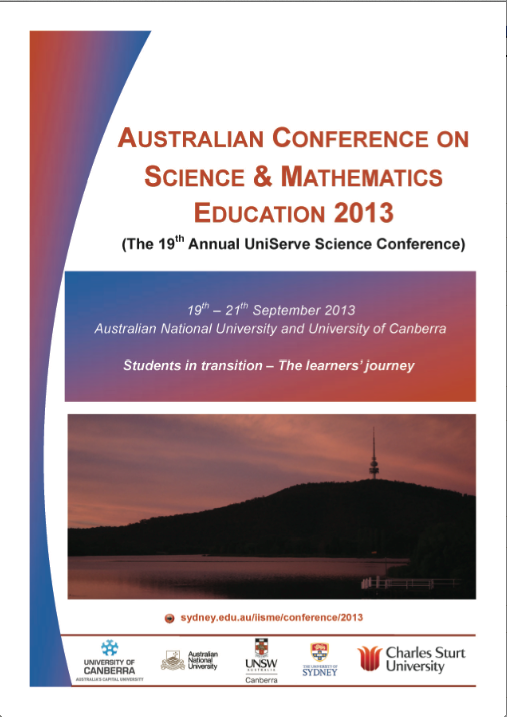Recognising the development of expert practice in undergraduate research: a TREASURE project update
Abstract
The difference between novice and expert researchers lies in much more than possession of explicit, discipline-based knowledge and technical expertise. The transition to expert practice involves the contextualised internalisation of this knowledge and understanding, often through a process of deliberate and extensive practice. Acquisition of such tacit knowledge is coupled with the development of attitudes such as self-confidence, pragmatism, criticality and comfort with uncertainty, leading to a capacity to make (often unconscious) expert judgments. While most teaching and assessment during an undergraduate science degree focuses firmly on declarative (and declared) knowledge, undergraduate research projects can provide the first steps in the transition to expert practice. However, we believe that more could be done to make these experiences as effective as possible in developing the knowledge and attributes described above. The TREASURE project aims to help students recognise their transition to expert-like behaviour by asking them to reflect on their research project throughout the semester. This emphasis on process and practice may also help reduce the student’s focus on results or research products as the sole indicator of success and provide useful input to supervisors about student thinking. Results from TREASURE’s first year will be presented.Downloads
Published
2013-09-23
Issue
Section
Abstracts
